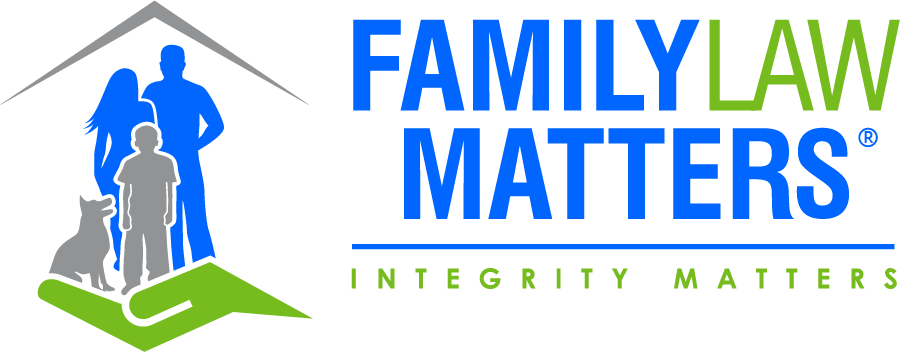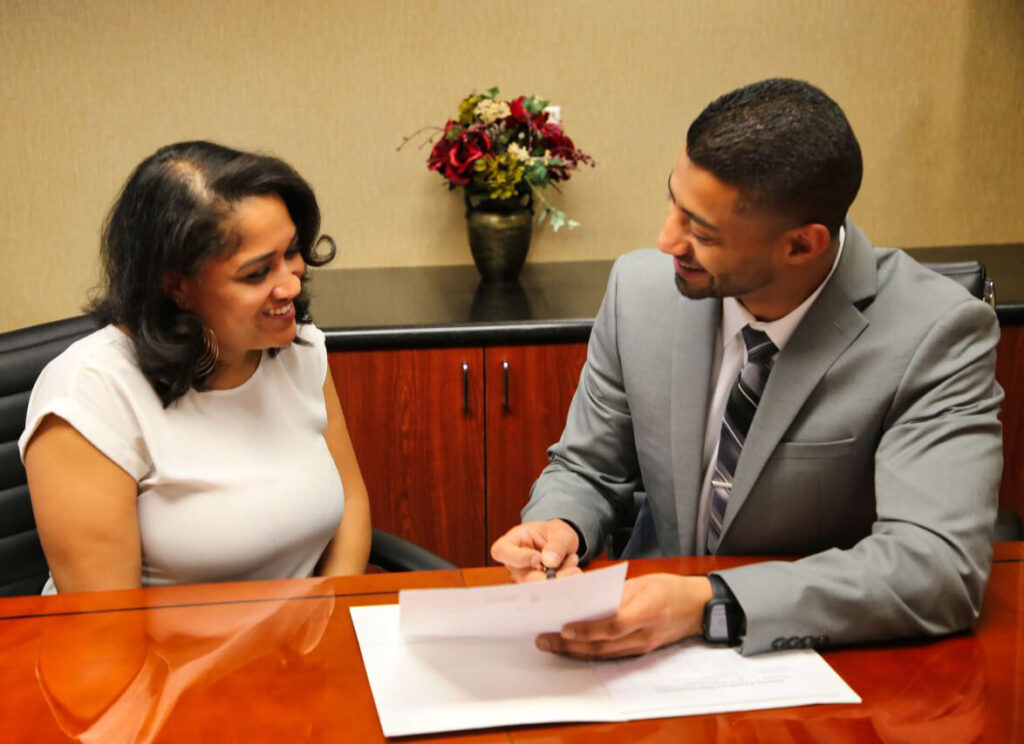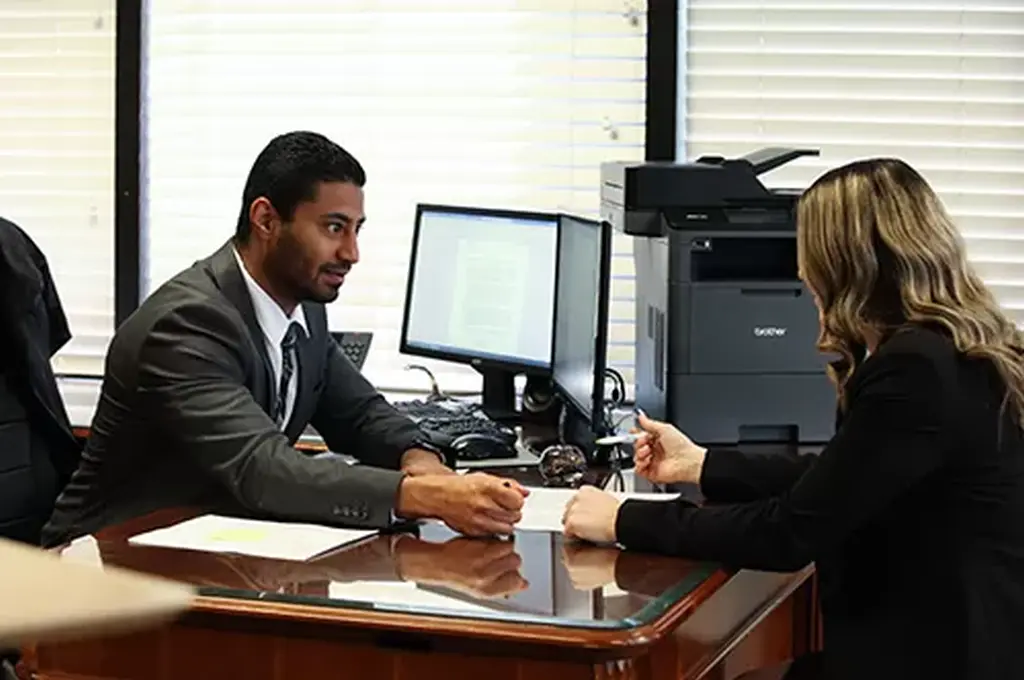Or… Do I need a lawyer for child custody?
While it is possible to represent yourself in a child custody case, it is generally recommended to hire a lawyer. Child custody cases can be complex and emotional, and having a qualified attorney on your side can help you navigate the legal system and increase your chances of achieving a favorable outcome.
An experienced family law attorney can help you understand your rights and obligations under the law, and guide you through the legal process. They can also provide you with a personalized legal strategy that is tailored to your unique situation, and advocate for your interests in court.
Additionally, a family law attorney can help you avoid common mistakes that can hurt your chances of getting custody, such as refusing to co-parent, violating court orders, and speaking negatively about the other parent.
You would generally need a lawyer for a child custody case because of the complex nature of family law. Custody cases can be emotional and stressful, and having an experienced family law attorney on your side can provide you with the guidance and support you need to navigate the legal system and achieve a favorable outcome.
A lawyer can help you understand your legal rights and obligations, as well as the legal options available to you. They can also help you develop a personalized legal strategy that is tailored to your unique situation and advocate for your interests in court.
Furthermore, a family law attorney can help you avoid common mistakes that can hurt your chances of getting custody, such as refusing to co-parent, violating court orders, and speaking negatively about the other parent. They can also help you gather the necessary evidence to support your case, such as documentation of your involvement in your child’s life and any instances of abuse or neglect by the other parent.
Ultimately, having a qualified attorney on your side can increase your chances of achieving a favorable outcome in your child custody case. Contact our firm today to schedule a free consultation with one of our experienced family law attorneys and get the help you need to protect your rights and the best interests of your child.
Disagreeing with Your Child Custody Evaluation
In a child custody case, the court may order a custody evaluation to help determine the best interests of the child. The evaluation is typically conducted by a neutral third-party evaluator, such as a mental health professional, and can include interviews with the parents, children, and other relevant individuals.
However, if you disagree with the outcome of your child custody evaluation, it’s important to consult with a family law attorney. Your lawyer can help you understand your legal options and develop a strategy to challenge the evaluation and advocate for your interests in court.
One of the first steps is to carefully review the evaluation report and identify any areas of concern or disagreement. Your attorney can help you identify any inaccuracies or inconsistencies in the report and develop a plan to challenge them.
It’s important to gather any additional evidence that can support your case, such as witness statements, medical records, or other documentation. Your lawyer can help you present this evidence effectively in court and argue for the best possible outcome for you and your child.
It’s also important to remember that challenging a child custody evaluation can be a complex and time-consuming process, but with the help of a qualified family law attorney, you can protect your rights and the best interests of your child
Why You Need a Lawyer if the Other Parent Has Legal Representation
When it comes to child custody cases, having legal representation is essential, particularly if the other parent has hired a lawyer. The legal system can be complex and confusing, and navigating it on your own can put you at a significant disadvantage.
If the other parent has legal representation, it’s crucial that you have a qualified family law attorney on your side as well. A lawyer can help you understand your legal rights and options, as well as develop a personalized legal strategy that is tailored to your unique situation.
A family law attorney can help level the playing field and ensure that your rights and interests are protected. They can also help you navigate the legal system and advocate for your interests in court.
Having a lawyer on your side can also help you avoid common mistakes that can hurt your chances of getting custody, such as violating court orders or speaking negatively about the other parent.
Furthermore, a family law attorney can help you gather the necessary evidence to support your case, such as documentation of your involvement in your child’s life and any instances of abuse or neglect by the other parent.
Ultimately, having a qualified attorney on your side can increase your chances of achieving a favorable outcome in your child custody case, particularly if the other parent has legal representation.
Child Custody and Relocation: What to Do When Your Ex Moves
Child custody cases can be complex, and when your ex-spouse moves away, the situation can become even more complicated. Relocation can significantly impact your child custody arrangement, and it’s essential to know what steps to take to protect your rights and the best interests of your child.
The first step is to consult with a family law attorney as soon as possible. Your lawyer can help you understand your legal options and develop a plan of action that is in the best interests of your child.
If your custody arrangement is governed by a court order, you may need to seek modification of the order before your ex-spouse is allowed to relocate. You will need to prove that the move would significantly affect your ability to maintain a meaningful relationship with your child.
In some cases, the court may allow the relocation but modify the custody agreement to accommodate the distance. For example, the non-custodial parent may be awarded more extended visitation periods or may have the option to take the child for an extended period during school breaks.
It’s important to gather as much evidence as possible to support your case, including documentation of your current custody arrangement and evidence of the impact that the proposed relocation would have on your relationship with your child.
Child Custody and Abuse: How to Protect Yourself and Your Children
Child custody cases can be complex and emotional, but they can become even more complicated if you or your children have experienced abuse at the hands of the other parent. It’s crucial to take steps to protect yourself and your children in such situations.
If you or your children have experienced abuse, the first step is to seek immediate medical attention if necessary. Once you have done that, it’s important to report the abuse to the police and to your attorney. Your lawyer can help you obtain a protective order and take other legal steps to ensure your safety and that of your children.
In a child custody case involving abuse, the court’s primary concern is the safety and well-being of the child. If abuse is proven, the court may limit or terminate the abuser’s custody or visitation rights, and may even award sole custody to the other parent.
It’s important to gather as much evidence as possible to support your case, including police reports, medical records, and witness statements. Your attorney can help you navigate the legal system and ensure that your evidence is presented effectively in court.
Child custody cases involving abuse can be emotionally challenging, but with the help of a qualified family law attorney, you can protect yourself and your children and ensure that your rights are upheld.
Contact our firm today to schedule a free consultation with one of our experienced family law attorneys and get the guidance and support you need to protect your rights and the best interests of your child.
Child Custody and Your Past: How to Handle Skeletons in Your Closet
When it comes to child custody cases, any skeletons in your closet can potentially harm your case. Whether it’s a past criminal record, substance abuse issues, or other sensitive information, it’s crucial to handle these issues carefully and strategically.
The first step is to be upfront and honest with your family law attorney. Your lawyer needs to know everything about your past so that they can develop the best possible legal strategy for your case.
Next, your attorney can help you assess the potential impact of your past on your child custody case. They can advise you on whether to disclose the information voluntarily or to wait and see if it comes up during the legal process.
If the information is likely to come up during the legal process, it’s crucial to address it proactively. Your attorney can help you present the information in a way that minimizes its impact on your case and focuses on your strengths as a parent.
It’s important to remember that judges are typically more concerned with the safety and well-being of the child than with the past actions of the parents. If you can demonstrate that you are now a responsible and loving parent, despite any past issues, you may still have a strong case for custody.
Your Ex-Spouse Is Denying Visitation Rights
Visitation rights are an essential part of any child custody arrangement, as they allow both parents to maintain a meaningful relationship with their child. However, if your ex-spouse keeps denying your visitation rights, it can be frustrating and challenging.
The first step is to communicate with your ex-spouse and attempt to resolve the issue amicably. If your ex-spouse is not cooperative, it may be necessary to seek legal intervention. A family law attorney can help you understand your legal options and develop a plan of action to protect your rights and the best interests of your child.
One option is to file a motion to enforce the visitation order. This motion asks the court to enforce the visitation order and may include penalties for your ex-spouse if they continue to deny your visitation rights.
If your ex-spouse continues to deny your visitation rights despite the court order, it may be necessary to seek a modification of the custody arrangement. In some cases, the court may modify the custody arrangement to better accommodate your visitation needs.
It’s important to remember that visitation rights are a crucial part of your child’s well-being and development. With the help of a qualified family law attorney, you can protect your rights and the best interests of your child.
Child Custody and Changes in Your Co-Parent’s Attitude
When it comes to child custody cases, changes in your co-parent’s attitude can significantly impact your case. If your co-parent becomes hostile or uncooperative, it can make it difficult to co-parent effectively and can even harm your relationship with your child.
If you’re experiencing changes in your co-parent’s attitude, the first step is to document any instances of uncooperative or hostile behavior. Keep a record of any missed visitation or communication, and note any instances where your co-parent has acted inappropriately or made disparaging comments.
It’s important to communicate with your co-parent and attempt to resolve any issues amicably. If you’re unable to resolve the issues on your own, consider enlisting the help of a mediator or counselor to facilitate communication and work towards a solution.
If the issues persist and are negatively impacting your relationship with your child, it may be necessary to seek legal intervention. A family law attorney can help you understand your legal options and develop a plan of action to protect your rights and the best interests of your child.
In some cases, the court may modify the custody arrangement to better accommodate the changes in your co-parent’s attitude. For example, the court may award sole custody to one parent or modify the visitation schedule to limit the co-parent’s involvement.
Ultimately, changes in your co-parent’s attitude can significantly impact your child custody case, but with the help of a qualified family law attorney, you can protect your rights and the best interests of your child.
Questions to Ask a Child Custody Lawyer
If you’re going through a child custody case, it’s important to find a qualified and experienced family law attorney who can help guide you through the legal process. Here are some questions to ask a child custody lawyer during your initial consultation:
- What experience do you have in handling child custody cases?
- What is your approach to child custody cases?
- How do you communicate with your clients and keep them informed about their case?
- What is your availability and response time?
- How do you charge for your services, and what are your rates?
- Can you provide references from previous clients?
- What is your success rate in child custody cases?
- How long do you expect my case to take?
- What potential outcomes should I expect in my case?
- How will you work with me to develop a personalized legal strategy for my case?
These questions can help you assess whether a particular lawyer is a good fit for your child custody case.
It’s important to find an attorney who has the knowledge, experience, and dedication to help you achieve the best possible outcome for your case.
Contact our firm today to schedule a free consultation with one of our experienced family law attorneys and get the guidance and support you need to protect your rights and the best interests of your child.
Working With Your Lawyer
Working with a family law attorney can be an important and helpful step in resolving your child custody case. Here are some tips for working effectively with your lawyer:
- Be Honest and Transparent: It’s important to be honest and transparent with your attorney about all aspects of your case, including any skeletons in your closet or potential weaknesses in your argument. This allows your lawyer to develop the best possible legal strategy for your case.
- Communicate Regularly: Communication is key when working with a family law attorney. Make sure to keep your lawyer updated on any changes or developments in your case, and ask any questions you may have.
- Stay Organized: Keep track of all documents, emails, and other information related to your case. This can help your lawyer build a stronger case and ensure that you’re well-prepared for court.
- Trust Your Lawyer: Remember that your attorney has the experience and knowledge necessary to help you navigate the legal system and achieve the best possible outcome for your case. Trust in their expertise and follow their advice.
- Be Prepared: Attend all scheduled meetings and court appearances, and be prepared to provide any necessary information or documentation. This can help move your case forward and increase your chances of success.
Working with a family law attorney can help you navigate the complexities of the legal system and achieve the best possible outcome for your child custody case. Contact our firm today to schedule a free consultation with one of our experienced family law attorneys and get the guidance and support you need to protect your rights and the best interests of your child.
References:
- American Bar Association: Child Custody and Support: https://www.americanbar.org/groups/family_law/resources/child_custody_support/
- National Parents Organization: Child Custody Resources: https://nationalparentsorganization.org/resources/child-custody
- Family Law Self-Help Center: Child Custody: http://www.courts.ca.gov/selfhelp-custody.htm








